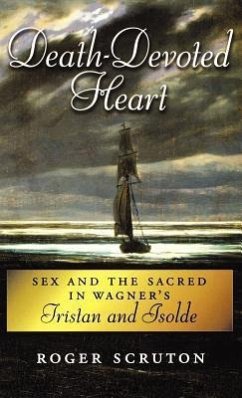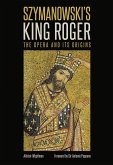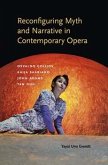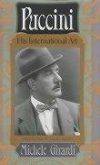A tale of forbidden love and inevitable death, the medieval legend of Tristan and Isolde recounts the story of two lovers unknowingly drinking a magic potion and ultimately dying in one another's arms. Critics have lauded Wagner's Tristan und Isolde for the originality and subtlety of the music, but have often viewed the drama as a "mere trifle," about Wagner's own forbidden affair with Matilde Wesendonk, the wife of a banker who supported him during his
exile in Switzerland. In Death-Devoted Heart Scruton aims to vindicate the stature of the drama, presenting it as more than just a sublimation of the composer's love for Wesendonck or a wistful romantic dream. Scruton argues that Tristan und Isolde has profound religious meaning, as relevant today as it was to
Wagner's contemporaries. Both philosophical and musicological, Scruton's analysis touches on the nature of tragedy, the significance of ritual sacrifice, and the meaning of redemption. Scruton provides a guide to the drama while offering insight into the nature of erotic love and the peculiar place of the erotic in our culture.
Hinweis: Dieser Artikel kann nur an eine deutsche Lieferadresse ausgeliefert werden.
exile in Switzerland. In Death-Devoted Heart Scruton aims to vindicate the stature of the drama, presenting it as more than just a sublimation of the composer's love for Wesendonck or a wistful romantic dream. Scruton argues that Tristan und Isolde has profound religious meaning, as relevant today as it was to
Wagner's contemporaries. Both philosophical and musicological, Scruton's analysis touches on the nature of tragedy, the significance of ritual sacrifice, and the meaning of redemption. Scruton provides a guide to the drama while offering insight into the nature of erotic love and the peculiar place of the erotic in our culture.
Hinweis: Dieser Artikel kann nur an eine deutsche Lieferadresse ausgeliefert werden.








